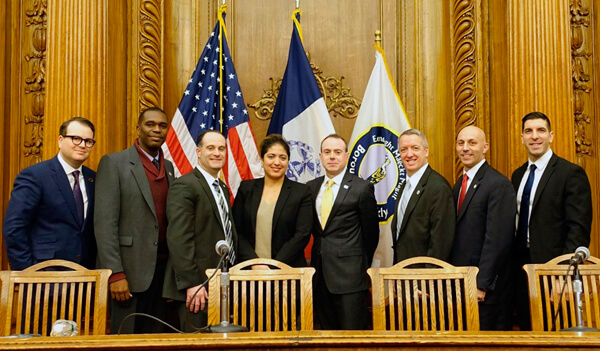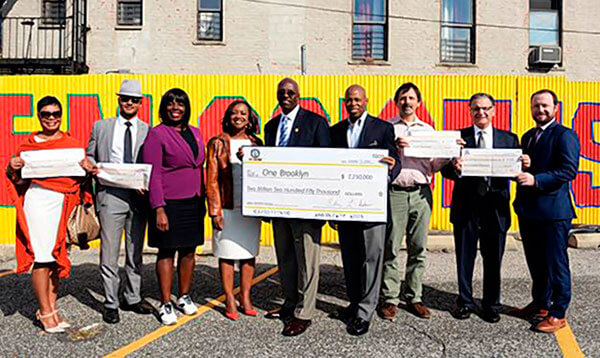Infant mortality has been, for an exceedingly long time, a crisis for some communities in the United States. This problem, however, has never been fully addressed for expectant mothers, so they never have to consider the matter of infant mortality as a critical issue any longer. This concern now comes with another problem. The matter of systematic racism, faced by Black mothers when they enter some Brooklyn hospitals to have their babies.
This report came after work was conducted by New York City Health and Hospitals which confirmed that Black mothers are at a high risk of dying when they enter these hospitals to deliver their babies. The Brooklyn Borough President, Antonio Reynoso, made this announcement while speaking to a group of multiracial clergy leaders, during an Interfaith Breakfast, at Brooklyn’s Borough Hall on Wednesday, June 15.
As a result of the findings, NYC Health and Hospitals also released the names indicating where the highest numbers of maternal mortality and morbidity occurred, and the Borough president stated that these hospitals were in overwhelmingly Black communities. The three Brooklyn hospitals with the highest risk are Kings County, The Coney Island Hospital, and The Woodhull Hospital. These results hit too close to home for the Brooklyn Borough president, as his wife was also expecting to give birth to their child upon him learning of the dangers Black mothers face in the hospitals when they are delivering their babies.
Borough President Reynoso then made maternal mortality and morbidity a policy to be included and prioritized in his budget, to help tackle and eliminate the problem in these hospitals. “I have decided to allocate funds to the three hospitals that are seeing an increase in maternal mortality and morbidity,” Reynoso told the religious leaders. Black mothers, he explained, are dying faster than white mothers since 2001. As he made further charges on the report, the Borough president noted that it was 9.4 times more likely for Black mothers to die from pregnancy-related causes than white mothers. Caribbean Life spoke to the borough president as a follow-up and he indicated that in the Caribbean community “the risk was above 9.4 for the Caribbean mothers to die, with the Haitian mothers experiencing 12.01 times higher than other mothers.”
Reynoso said that this finding was problematic for the Borough and his office has allocated $45 million to be disbursed among the three hospitals serving overwhelmingly Black communities. He continued his announcement noting that these funds were allocated to implement as an investment, which can address the issues surrounding maternal mortality. The funding would also go toward opportunities for pilot projects dedicated to the reduction of maternal mortality and morbidity. The Borough president then emphasized, “this is not only based on systemic racism, but on the social determinants of health.”
Other programs to be addressed from this funding will be to increase access to midwifery in all birthing facilities in Brooklyn, a public awareness campaign on postpartum warning signs with a focus on postpartum depression and hypertensive disorders. In addition, a “Convene an Ending Maternal Mortality and Morbidity Task Force, which would include representatives from hospitals in Brooklyn, service providers and potential funders; and the promotion of health and behavioral health, through seminars and health fairs at Brooklyn’s Borough Hall,” the Borough president said.

























